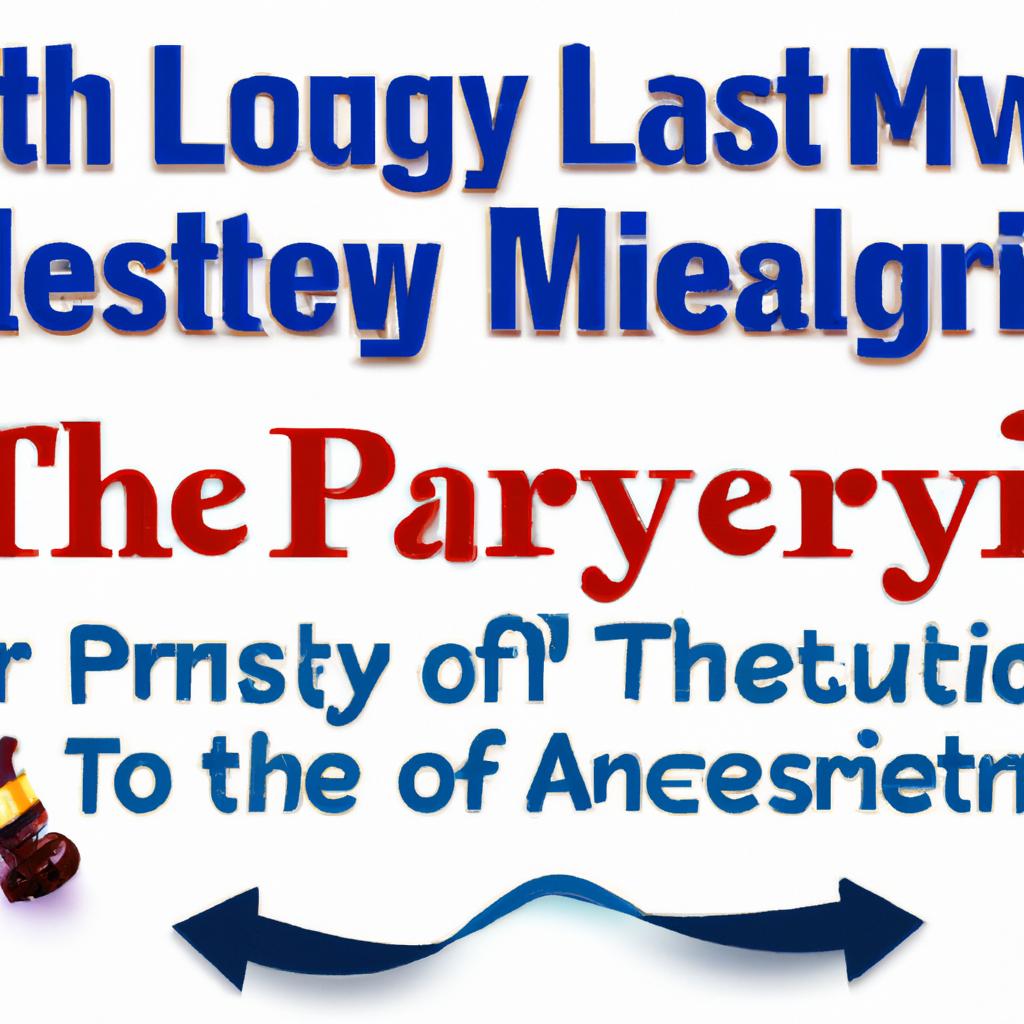The legal process of probate can be intricate and often misinterpreted, particularly when it involves the termination of a limited liability company (LLC). Many small business owners and entrepreneurs may find themselves pondering: is an LLC subject to probate? This article aims to demystify the complexities of probate in relation to LLCs and provide a clear understanding of what to anticipate when dealing with this facet of business ownership.
Grasping Probate and LLCs
A frequently asked question in the realm of estate planning and business ownership is whether an LLC is subject to probate. The response is not clear-cut and depends on a variety of factors.
It’s crucial to comprehend that an LLC is a distinct legal entity from its owners, implying that the business’s assets and liabilities are separate from those of the individual members. When an LLC member passes away, their ownership interest in the company usually transfers to their heirs or beneficiaries as per their estate plan, bypassing the probate process.
However, if there are disagreements over the LLC’s ownership or if the deceased member lacked a well-defined estate plan, the ownership interest of the LLC could be subjected to probate. To prevent this scenario, it’s vital for LLC owners to have a comprehensive estate plan that addresses the transfer of their business ownership interest.
Crucial Elements Influencing LLCs in Probate
Several key elements can impact limited liability companies (LLCs) during the probate process. These elements can determine whether an LLC needs to undergo probate.
One of the primary elements influencing LLCs in probate is the LLC’s structure. If the LLC is a single-member LLC, the probate process may be simpler as the ownership interest can directly pass to the beneficiary. However, if the LLC has multiple members, the probate process may become more complex as the ownership interests of each member must be addressed.
Another crucial factor to consider is whether the LLC has a proper operating agreement in place. An operating agreement can specify what happens to the LLC in the event of a member’s death, ensuring a smoother probate process.
Additionally, the state laws governing LLCs in probate can also play a significant role. Some states have specific laws that dictate how LLC ownership interests are transferred upon a member’s death, while others may require the LLC to undergo probate.
Alternatives for LLC Ownership Transfer Post-Death
When a member of an LLC passes away, their ownership interest in the company must be transferred to the appropriate party. Here are some options for transferring ownership of an LLC after a member’s death:
- Succession planning: If the LLC has a detailed operating agreement, it may outline a succession plan for handling the transfer of ownership upon a member’s death. This can help streamline the process and prevent potential disputes among the remaining members.
- Buyout agreement: In some instances, the operating agreement may include a buyout agreement that allows the remaining LLC members to buy out the deceased member’s ownership stake. This can provide a straightforward solution for transferring ownership.
However, it’s important to note that the transfer of ownership in an LLC after death typically does not go through probate. Instead, the operating agreement and state laws governing LLCs will dictate how the transfer is handled. It’s crucial for LLC members to have a clear understanding of these processes to ensure a smooth transition of ownership.
Seeking Legal Experts for LLC Probate Issues
When it comes to the probate process for limited liability companies (LLCs), there are important considerations to keep in mind. Consulting legal professionals who specialize in probate matters for LLCs can provide valuable guidance and support throughout the process.
A common question that arises is whether an LLC goes through probate like other types of businesses. The answer to this question depends on the specific circumstances surrounding the LLC, including how it is structured and managed. In general, the assets of an LLC may need to go through probate if they are not properly planned for in advance.
Working with a legal professional can help ensure that your LLC’s assets are protected and distributed according to your wishes. They can assist with creating a comprehensive estate plan that takes into account the unique aspects of your LLC, such as ownership interests and operating agreements.
Concluding Thoughts
In conclusion, while establishing an LLC can offer certain advantages in terms of asset protection and ease of transfer, it’s important to understand that an LLC may still go through probate under certain circumstances. It’s always advisable to consult with a legal professional to determine the best course of action for your specific situation. Remember, the complexities of probate can be overwhelming, but with the right guidance, you can navigate this process with confidence. Thank you for reading and we wish you success and prosperity in your business ventures.

Unraveling the Mystery: Does an LLC Go Through Probate?
When it comes to estate planning, many people choose to protect their assets by setting up a limited liability company (LLC). However, there is often confusion surrounding what happens to an LLC in the event of the owner’s passing. One common question that arises is whether an LLC goes through probate.
Understanding the Basics: What is an LLC?
Before delving into the probate process for an LLC, it’s important to understand what an LLC is and how it differs from other business structures. An LLC is a type of business entity that combines the limited liability protection of a corporation with the operational flexibility of a partnership. This means that the owners, known as members, are typically not personally liable for the debts and obligations of the business.
Probate: What is it?
Probate is the legal process through which a deceased person’s estate is settled and distributed. During probate, a court oversees the payment of the deceased person’s debts and the distribution of their assets to heirs or beneficiaries. The probate process can be time-consuming and expensive, as it often involves legal fees and court costs.
Does an LLC Go Through Probate?
One of the main benefits of setting up an LLC is that it can help avoid probate for the assets held within the company. When an individual forms an LLC, they transfer ownership of their assets to the company. As a result, these assets no longer form part of their personal estate. Instead, they are considered assets of the LLC.
Since the assets are owned by the LLC and not the individual, they do not typically pass through probate upon the owner’s death. Instead, the assets are governed by the operating agreement of the LLC and the laws of the state in which it is formed.
Benefits of Avoiding Probate for an LLC
Avoiding probate for an LLC can offer several benefits, including:
- Privacy: Probate is a public process, meaning that details of the deceased person’s estate become part of the public record. By avoiding probate, the details of the LLC’s assets and distributions can remain private.
- Cost Savings: Probate can be costly, as it often involves legal fees and court costs. By avoiding probate, the LLC can save money that would otherwise be spent on the probate process.
- Efficiency: Probate can be a lengthy process, often taking months or even years to complete. By avoiding probate, the assets of the LLC can be distributed more quickly and efficiently to the intended beneficiaries.
Practical Tips for Avoiding Probate for an LLC
If you have set up an LLC and want to ensure that its assets avoid probate, consider the following tips:
- Keep your LLC’s operating agreement up to date and accurate.
- Ensure that the ownership of all assets is properly transferred to the LLC.
- Consider naming a successor member in the operating agreement.
- Consult with an estate planning attorney to review your LLC’s structure and ensure that it aligns with your estate planning goals.
By taking these steps, you can help ensure that the assets held within your LLC avoid probate and are distributed according to your wishes.
Case Study: John’s LLC and Probate
John, a small business owner, set up an LLC several years ago to protect his assets and streamline his estate planning. When John passed away unexpectedly, his family was relieved to learn that the assets held within his LLC did not have to go through probate.
Thanks to John’s careful planning and the structure of his LLC, his family was able to quickly and efficiently access the assets of the company and distribute them according to his wishes. This saved his family time, money, and the stress of navigating the probate process.
First-Hand Experience: Avoiding Probate with an LLC
As a small business owner myself, I have set up an LLC to protect my assets and avoid probate for my estate. By carefully structuring my LLC and keeping my operating agreement up to date, I have peace of mind knowing that my assets will be distributed according to my wishes without the need for probate.
Overall, while the specific rules and requirements for LLCs and probate may vary by state, setting up an LLC can be a valuable tool for estate planning and asset protection. By understanding the basics of probate and the benefits of avoiding it for an LLC, you can take steps to protect your assets and streamline the distribution process for your loved ones.





